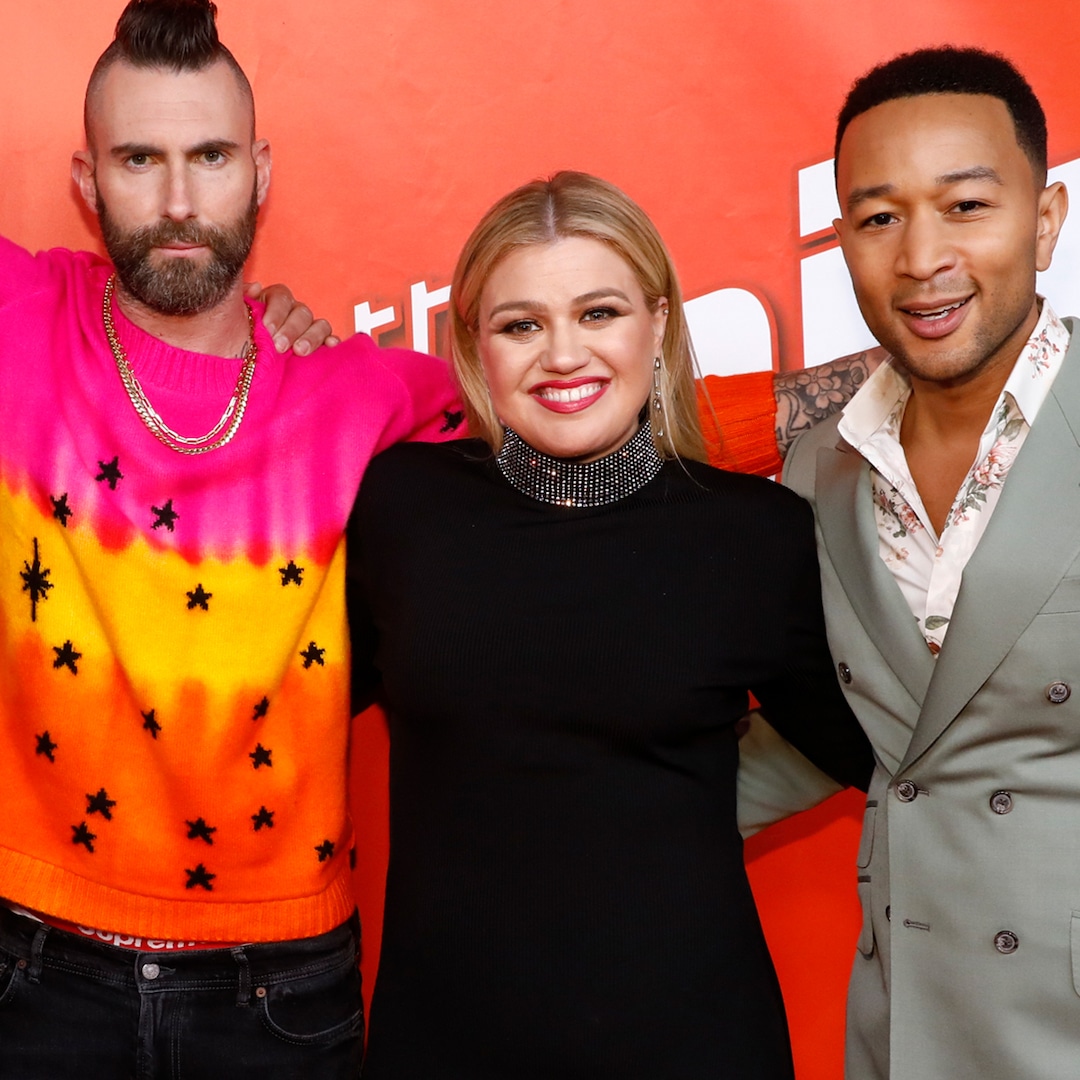Get ready for a thrilling musical showdown as The Voice gears up for its highly anticipated Season 29, set to premiere in spring 2026. This upcoming season will see the return of beloved coaches Kelly
Did You Know
The shortest war lasted 38 minutes.
?
AD
Clarkson, John Legend, and Adam Levine, who fans have cherished since they first graced the show's stage. Audiences can look forward to an exhilarating new format, dubbed "The Voice: Battle of Champions," that promises to bring fresh energy and excitement to the competition, enticing viewers to tune in like never before.
The revamped season aims to elevate the stakes and the entertainment factor. With its distinctive format and the simultaneous production of Season 28, this strategic decision reflects the show's commitment to maintaining its relevance in a dynamic television landscape. The introduction of intriguing twists is sure to engage both contestants and audiences, creating memorable moments and heart-pounding performances that define the show's legacy.
The return of Clarkson, Legend, and Levine signals not just a nod to nostalgia but also a calculated move to captivate the show's loyal fanbase. Their chemistry and expertise are expected to enhance the competitive atmosphere, making for a season filled with unexpected turns and riveting artistry. As anticipation builds, fans eagerly await to see how these familiar faces will navigate the challenges of this new format and what surprises lie ahead in a season defined by empowerment, talent, and fierce rivalry.
Q&A (Auto-generated by AI)
What is the significance of format changes?
Format changes in shows like The Voice are significant as they can refresh audience interest and adapt to viewer preferences. By introducing new elements, such as the 'Battle of Champions' theme for Season 29, the show aims to attract both loyal fans and new viewers. These changes can enhance the competitive aspect and create unique viewing experiences, ultimately affecting ratings and engagement.
How have past seasons of The Voice evolved?
Past seasons of The Voice have evolved through various format changes, including the introduction of new competition rounds and innovative voting methods. Over the years, the show has incorporated elements like the 'Blind Auditions' and 'Knockouts' to keep the format fresh. Each season often features twists that challenge contestants and coaches, reflecting the show's commitment to innovation in reality television.
What impact do returning coaches have on ratings?
Returning coaches like Kelly Clarkson, Adam Levine, and John Legend can significantly impact ratings by leveraging their established fan bases. Their presence often reassures loyal viewers while attracting new audiences curious about their dynamic. Familiarity with these coaches enhances viewer engagement, as fans are invested in their journeys and interactions, contributing to higher overall ratings for the season.
What are fan-favorite elements from previous seasons?
Fan-favorite elements from previous seasons of The Voice include emotional performances, memorable auditions, and the chemistry between coaches. Features like the 'Battle Rounds' and 'Steals' have become highlights, allowing for dramatic moments and unexpected outcomes. The personal stories of contestants often resonate with viewers, creating a deeper connection and investment in the competition.
How does The Voice compare to other singing shows?
The Voice stands out from other singing shows like American Idol and X Factor primarily through its unique 'Blind Auditions' format, where coaches select contestants without seeing them perform. This focus on vocal talent over appearance sets it apart. Additionally, The Voice emphasizes mentorship, with coaches actively guiding contestants, fostering a collaborative rather than purely competitive atmosphere.

















